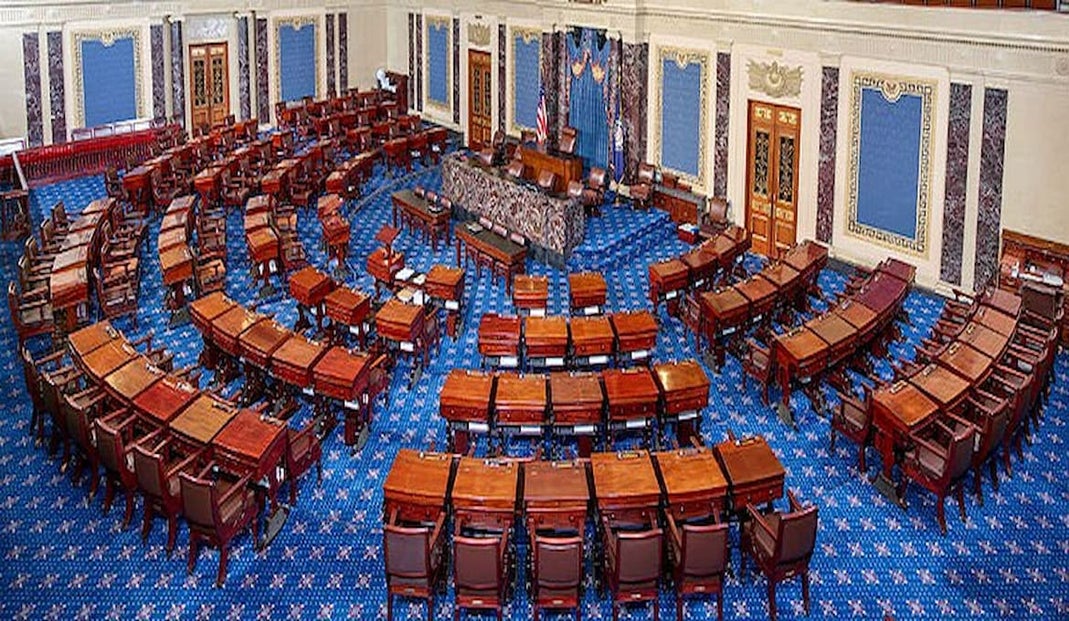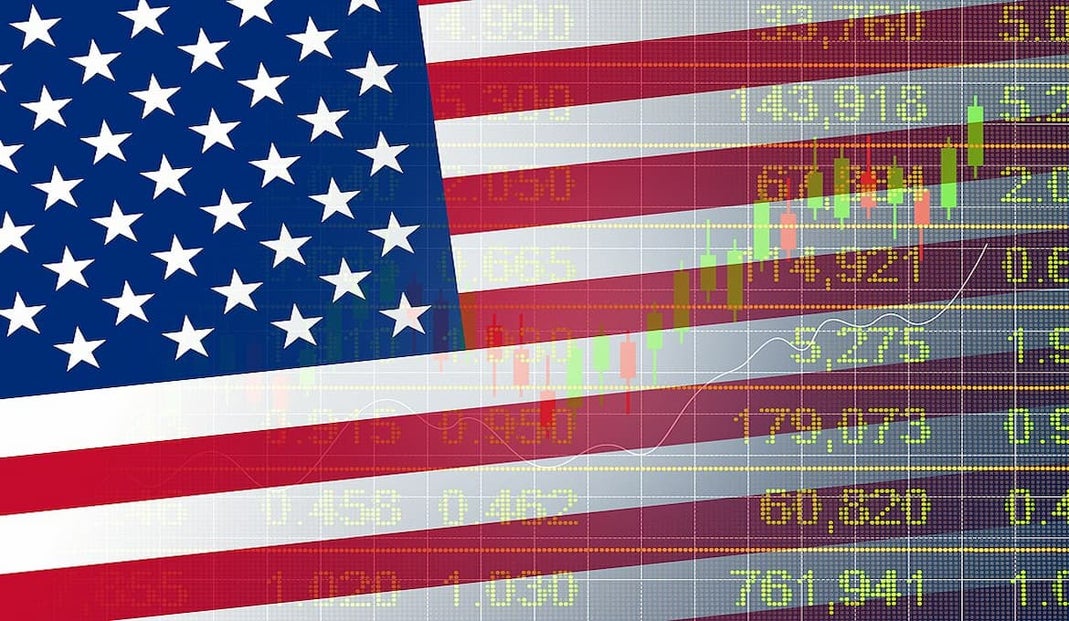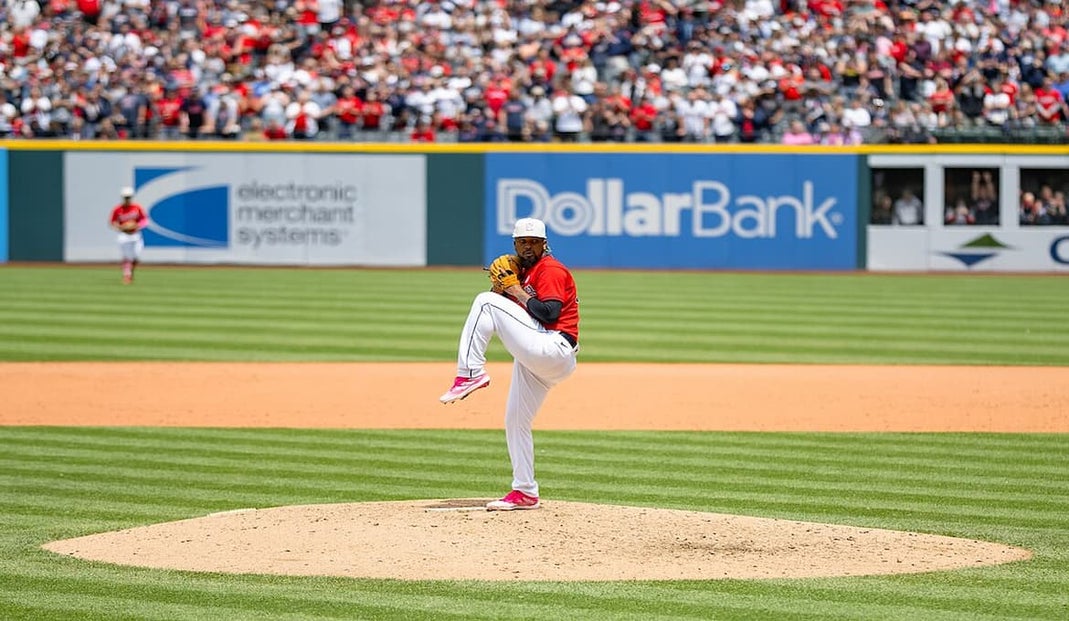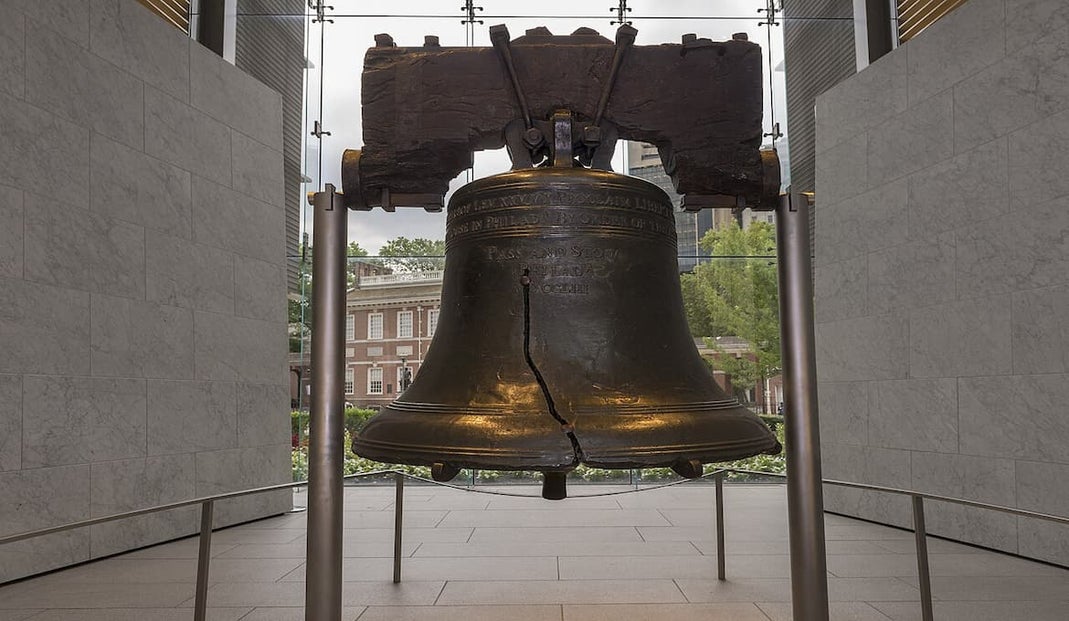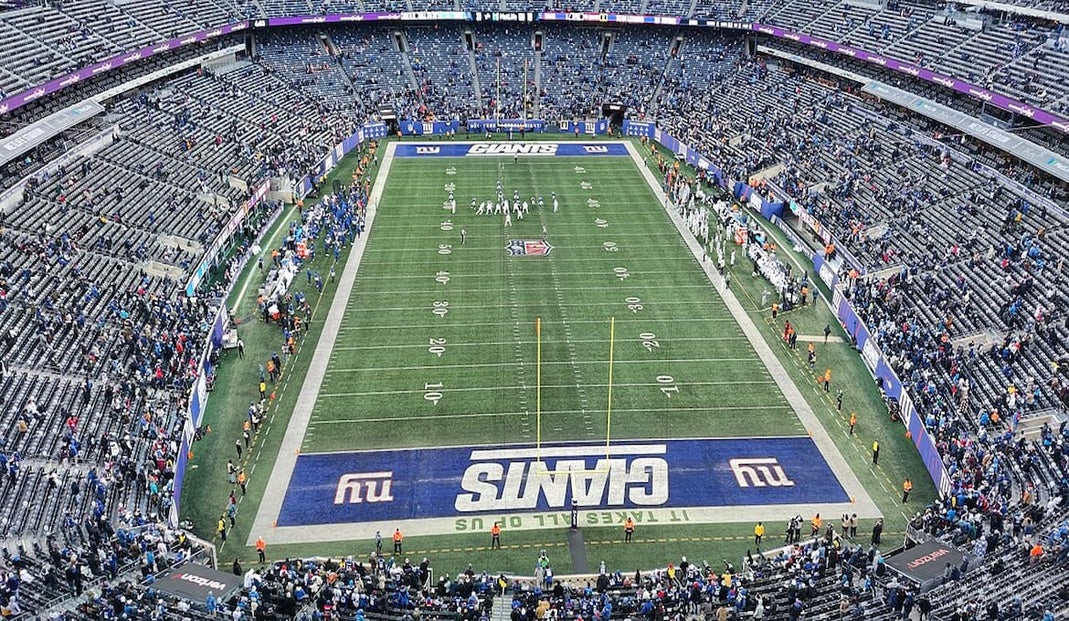Kalshi Switches Positions On Sports Betting
Before its March Madness prediction market launched, Kalshi was in federal court over its prediction markets for the 2024 US election.
During this legal battle, the company had to argue why the market shouldn’t be considered sports betting. Attorneys claimed that sports betting doesn’t have a significant economic impact, meaning it shouldn’t qualify as a commodity that the CFTC regulates.
While this argument helped Kalshi come out victorious, it is now coming back to haunt them. With the company now arguing the exact opposite in Maryland, federal Judge Albeson demanded further explanation on the change in position.
Judge Questions CFTC’s Authority
Kalshi has successfully defended itself against lawsuits from other states, arguing that only the CFTC has the authority to order it to exit a market. However, Judge Albeson hasn’t been as accepting as other federal courts.
The judge pressed Kalshi’s lawyers on this claim, pointing to language in the Commodity Exchange Act (CEA). The CEA grants the CFTC jurisdiction over contract trading, but that only gives them the right to override other federal agencies.
Maryland Ruling Could Have Widespread Impact
Sports prediction markets have enjoyed some protection as the CFTC has refused to weigh in, but that could come to an end if Kalshi loses this Maryland case.
Most US states with legal sports betting have pushed to ban these markets, claiming they are a form of unregulated sports betting. Several states sent cease-and-desist letters to Kalshi, leading to legal battles in federal courts.
A Nevada judge dealt an early blow to state regulators when he affirmed that the CFTC has sole jurisdiction over these markets. That victory now appears to be short-lived, with Judge Albeson raising new concerns and giving other states additional ammo for future legal efforts to push Kalshi out.
If Kalshi loses in Maryland, expect to see other states immediately take action, likely bringing an end to the operators' sports prediction markets.
.svg)











